Even though we celebrate Halloween in the United States today by putting up scary decorations, wearing costumes and eating candy, the holiday actually has a long history. The meaning of Halloween differs based on the culture you come from but some aspects of the celebration have been practiced for thousands of years. If you’ve ever wondered about Halloween origins, we’ve put together a Halloween history guide for you.
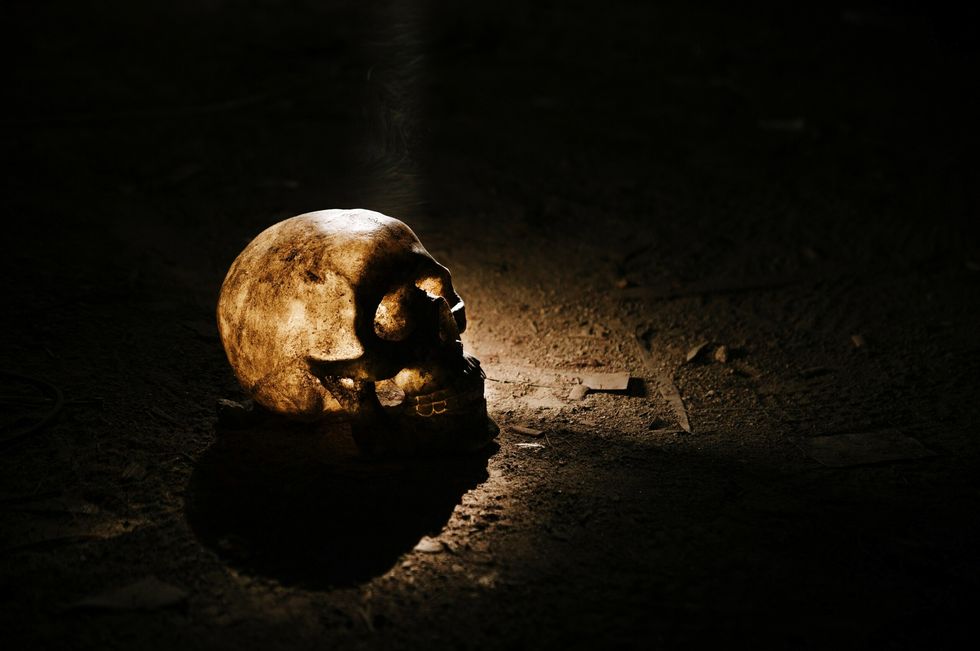
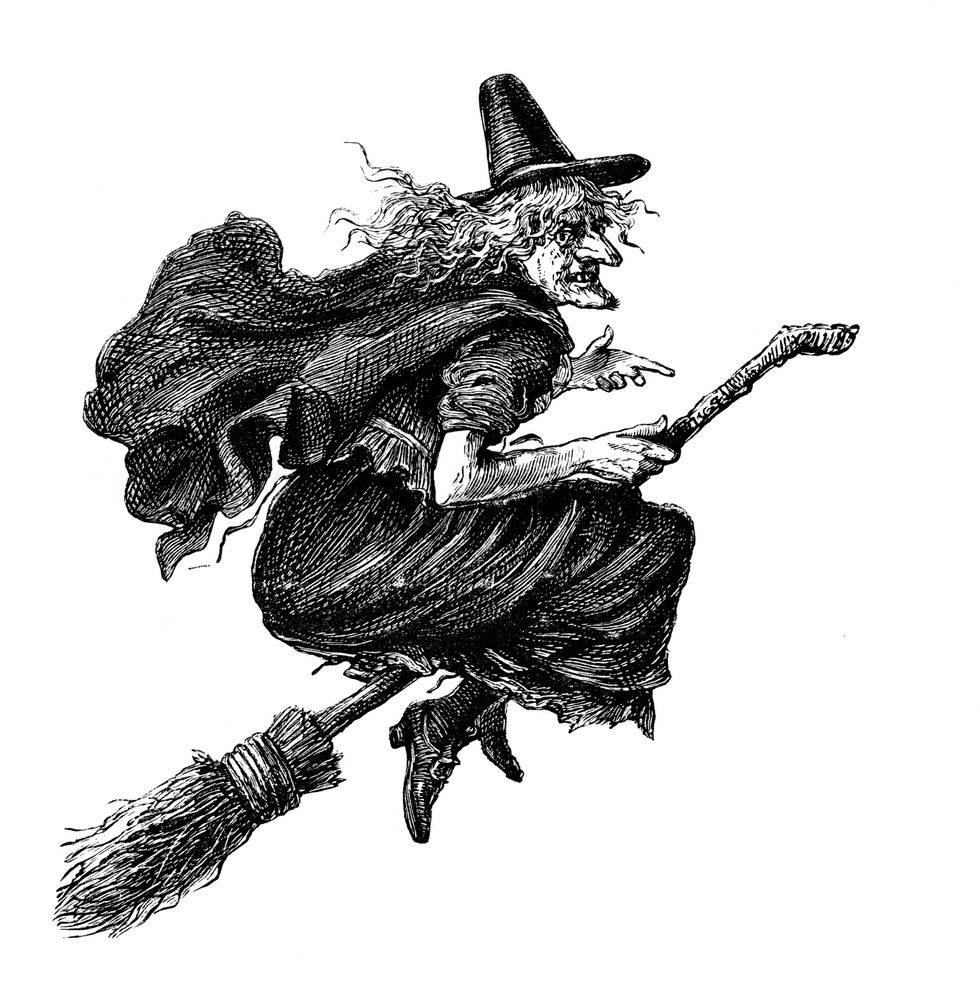
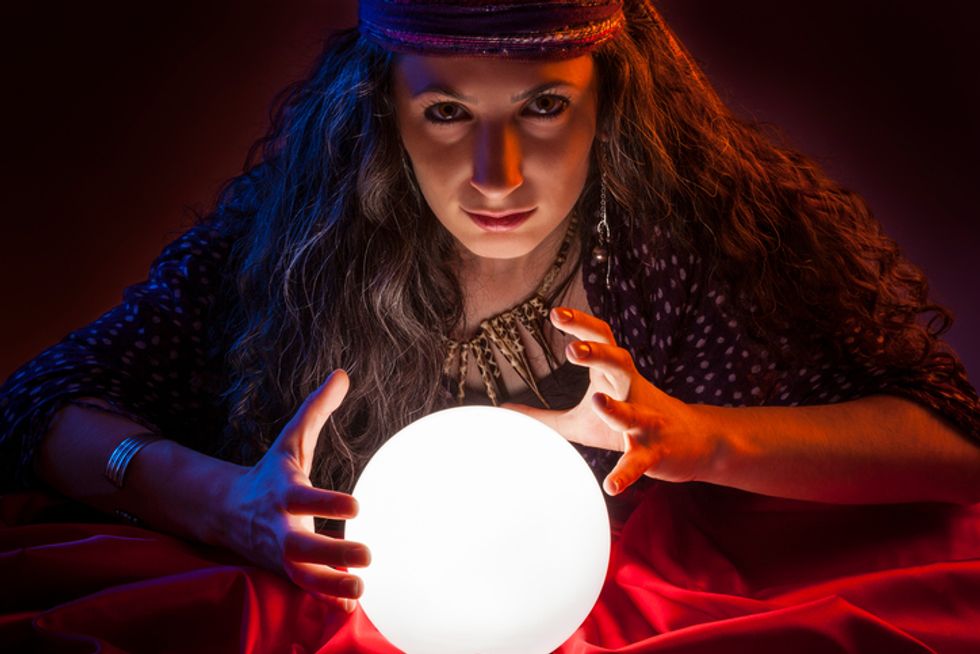
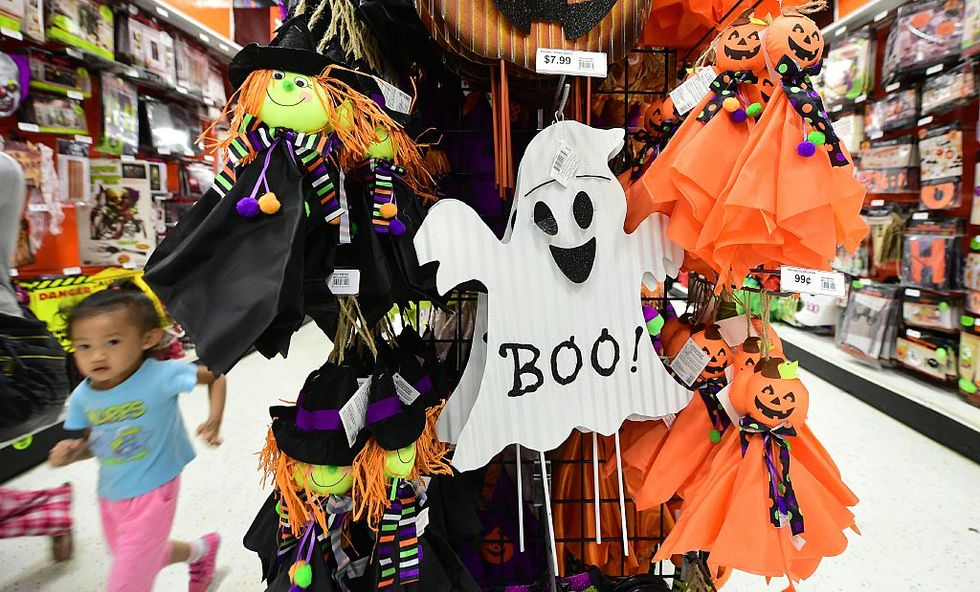
Please SHARE this with your friends and family.





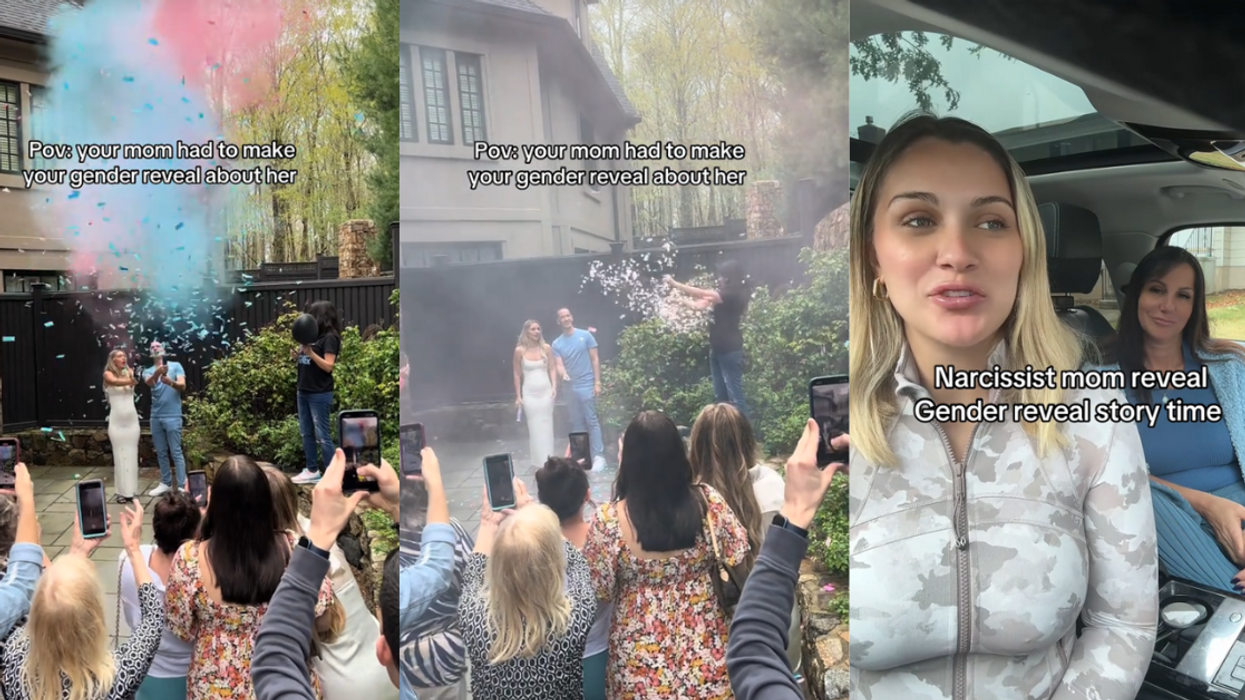
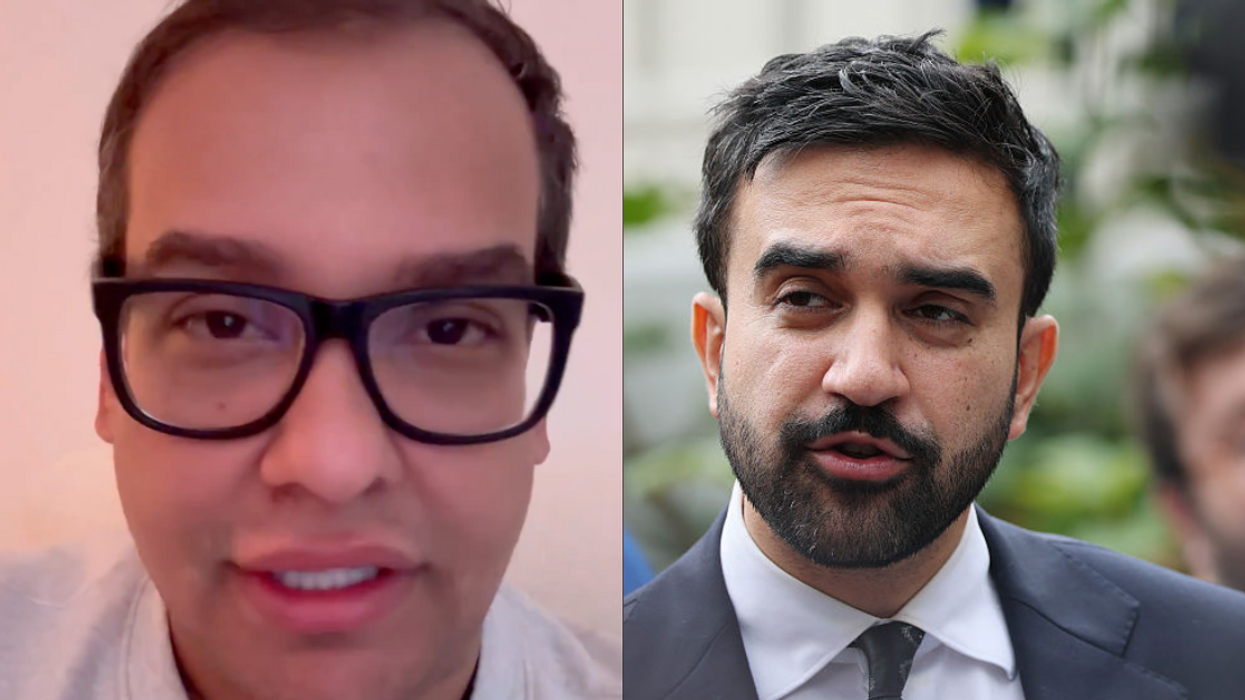





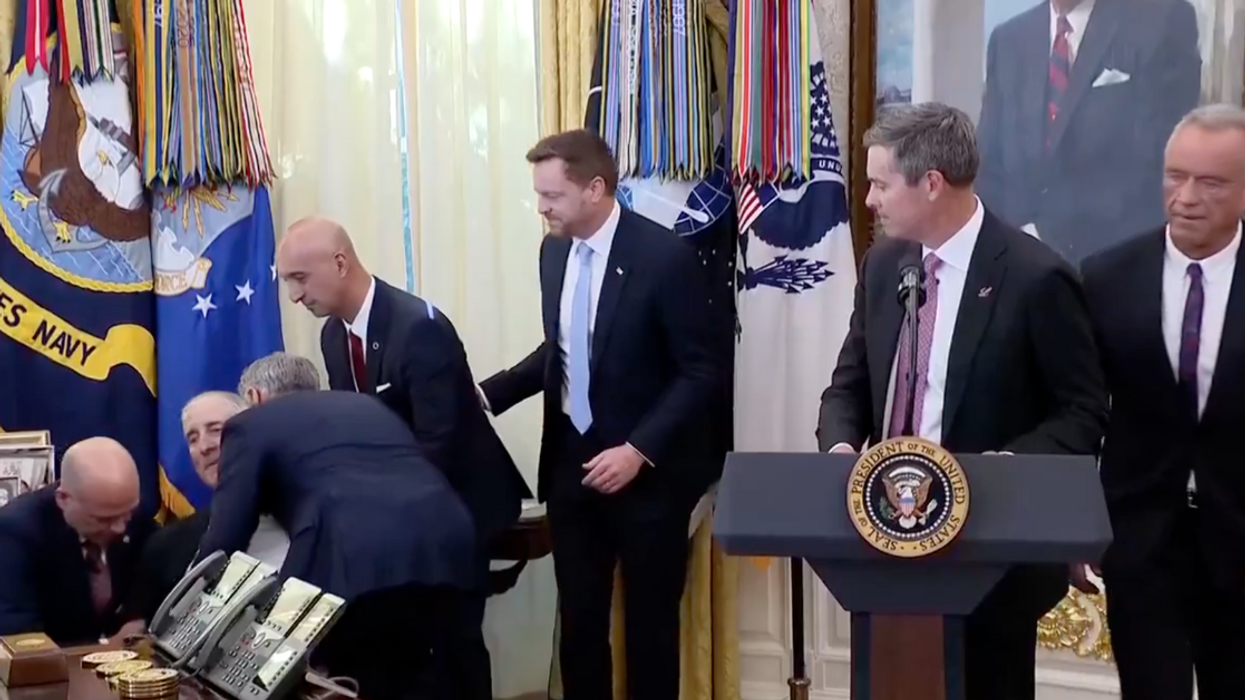

 @realDonaldTrump/Truth Social
@realDonaldTrump/Truth Social

 breast cancer GIF by Baptist Health South Florida
breast cancer GIF by Baptist Health South Florida  Teddy Bear Doctor GIF
Teddy Bear Doctor GIF  feeling neck skin GIF
feeling neck skin GIF 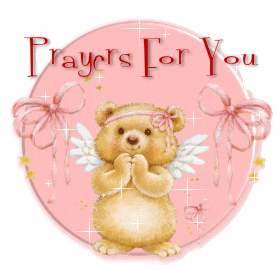 praying GIF
praying GIF